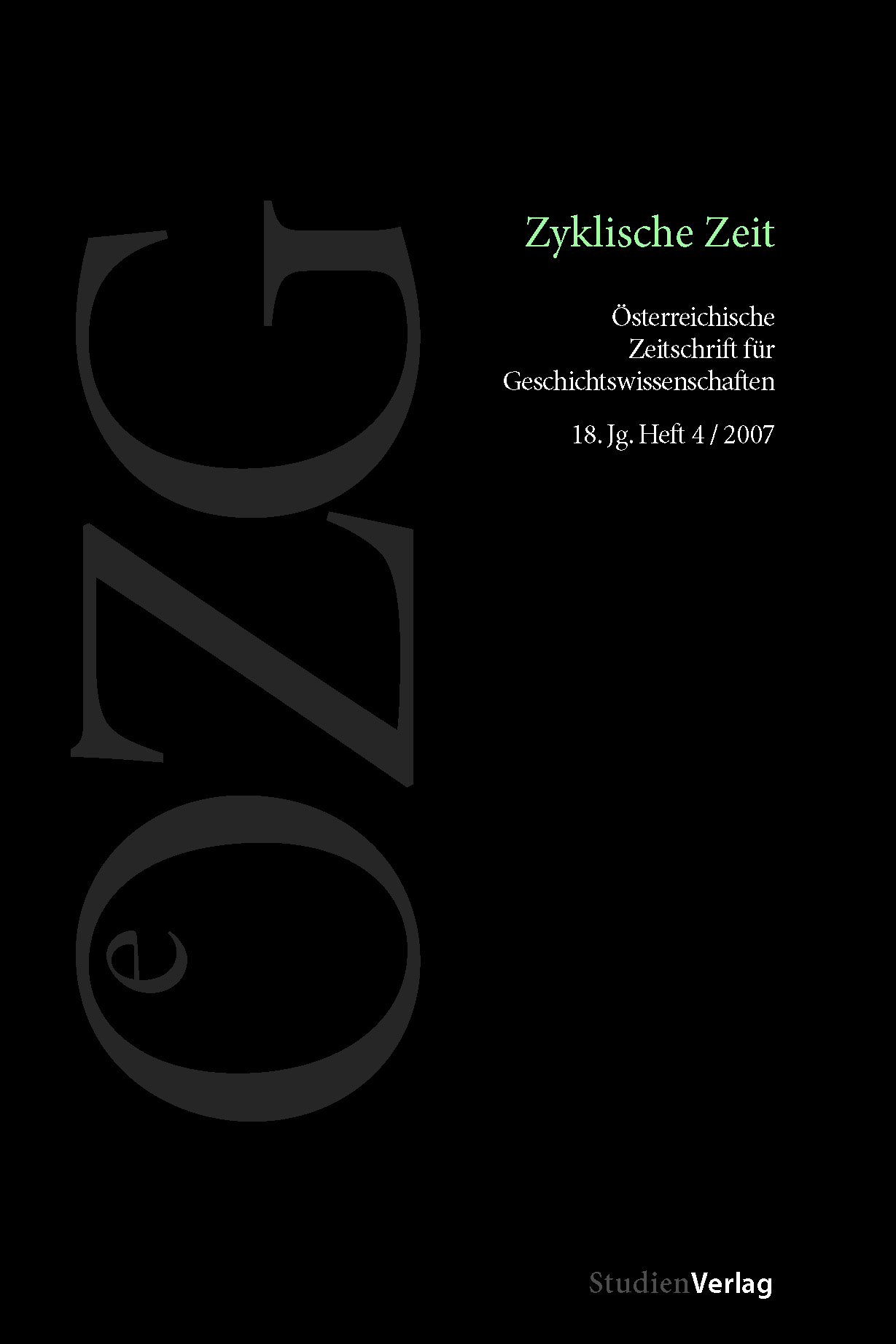Der Einfluss des Konjunkturzyklus auf die Streikaktivität in Deutschland, Österreich und der Schweiz von 1901 bis 2004
DOI:
https://doi.org/10.25365/oezg-2007-18-4-5Abstract
Labour disputes might serve as indicators of socio-economic development, because strike measures such as frequency or days not worked reflect not only the overall economic and political conditions, but inform also about ongoing conflicts in the relationship between capital and labour. The availability of comparable and well-documented data on strikes suggests the use of a quantitative approach to these issues. There is a body of literature analysing the strike history of German speaking countries. However, these studies are largely of qualitative nature or restricted to particular economies. The contribution of this paper is the analysis of labour conflicts from a cross-country perspective, concentrating on the strike history of Austria, Germany, and Switzerland from 1901–2004. The method utilised in this paper is spectral analysis. This approach allows to examine the cyclical structure of the strike series as well as its interrelationship with the business cycle in the countries under consideration. The main findings are that most of the fluctuation in strike activity is dominated by short cycles of 3–5 years, particularly in the second half of the last century. In addition, there is evidence that the 3–5 years business cycles had an impact on strike activity at least in Germany and Austria for the extraordinary growth period until the 1970s.


